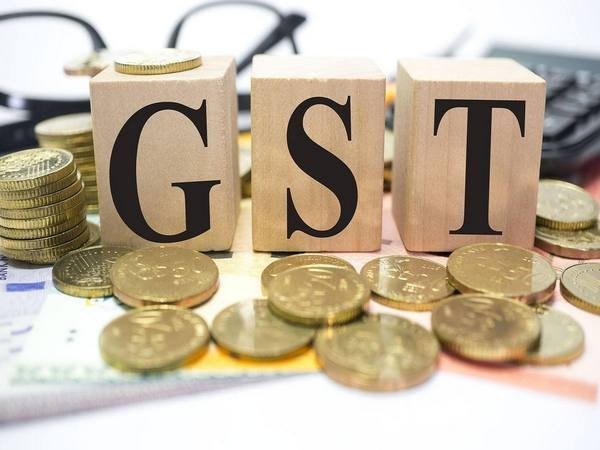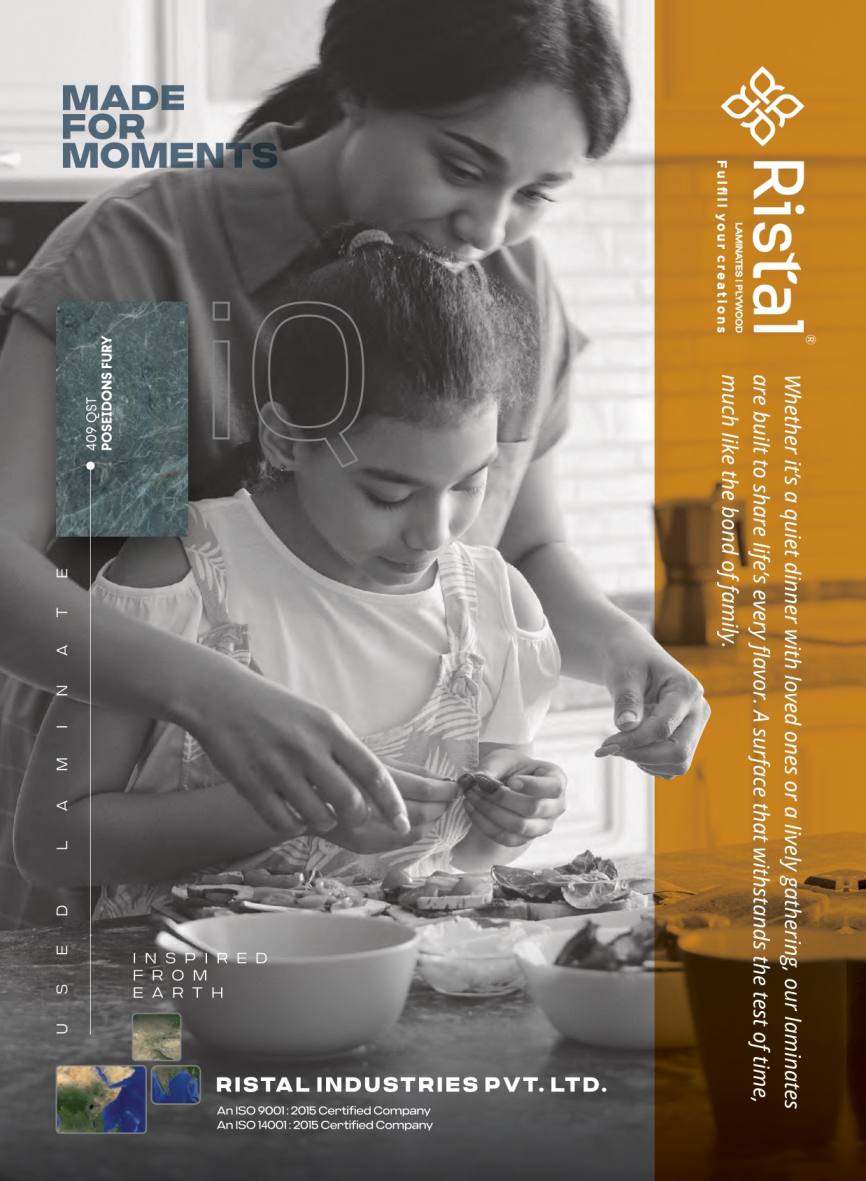
GST Enforcement: Tough Balancing Act
- August 12, 2022
- 0
It’s a tough balancing act for the Central government. On the one hand, it is dealing with fraudulent activities related to goods and services tax (GST). On the other hand, it is facing criticism for the stringent measures it has taken to curb fraud because it increases the compliance burden for honest taxpayers.
After giving leeway in the initial years, the Centre in November 2020 started a drive in coordination with the states to deal with fraud and evasion. In the past 18 months, it has detected fake input tax credit (ITC) of over रु 50,000 crore.
The amount is astounding. Stakeholders and tax experts have applauded the efforts and the due diligence that went into it. The recovery, however, is below the anticipated levels. So far, the government has got रु 2,500 crore from the drive, following the booking of more than 6,700 cases and detaining over 600 people.
The government has tightened GST norms. But some of the changes have caused “inconvenience” to taxpayers, to say the least. The nodal department- the Central board of indirect Taxes & Customs (CBIC)- has toughened GST rules on outward supplies. It has now become vital that the outward supplies in the GSTR-1 and GSTR-3B match. This is apart from blocking GSTR-1 in case the GSTR-3B return of the previous month was not filed, etc.
It seems there is more to come. The GST regime is expected to see an over-haul with a ministerial panel, set up by the GST Council, proposing a slew of data analytics- led enforcement and registration measures to plug leakages and boost collection. The Panel have suggested ways to identify fake invoices, dubious transactions, and high- risk taxpayers by using data analytics and machine learning. The proposed measures include biometric verifications and physical verification of premises of high-risk businesses flagged by the system as a prerequisite for registration.
The panel has recognised integrating government databases is required to keep errant taxpayers in check. It is learnt to have proposed validating bank accounts through the National Payments Corporation of India (NPCI) data.
The government is curbing non-genuine/fake transactions using technology — Business Intelligence and Fraud Analytics — by which field officers can detect and analyse abnormal trends. Various provisions introduced recently affect a genuine taxpayer while it may have a lower impact on an evader. Therefore, measures that identify culprits faster without impacting minor defaulters and taking swift action on them would provide better results.
Experts say that there has been a substantial increase in investigation, including the overlapping probes by the Centre and State GST formations.
While the government’s action to curb bogus invoices is desired, this menace needs to be tackled using effective technology and risk-based assessments. Guidelines need to be issued to field formations to avoid inconvenience to honest taxpayers.
According to industry, even though the government’s intent has been to create a tax- friendly environment, implementation could hurt if it is not rational. Regular and coordinated action would go a long way in creating trust among taxpayers. The GST regime has undergone many changes as it evolved in the past five years and has done lots of positive things in favour of taxpayers. However, legal knots at various judicial forums remain a challenge.
जीएसटी संतुलनः साधने की कठिन कोशिश
वस्तु एवं सेवा कर (जीएसटी) व्यवस्था के तहत केंद्र सरकार के लिए संतुलन साधना कठिन कार्य है. एक और उसे जीएसटी से संबंधित फर्जीवाड़ों से निपटने के उपाय करने पड़ रहे हैं। दूसरी और फर्जीवाड़े रोकने के लिए सख्त उपाय करने पर आलोचना झेलनी पड़ रही है क्योंकि इससे ईमानदार करदाताओं पर अनुपालन का बोझ बढ़ जाता है।
शुरूआती वर्षाे में थोड़ी रियायत बरतने के बाद केंद्र सरकार ने नवंबर 2020 में कर चोरी और फर्जीवाड़े पर रोक के लिए राज्यों के साथ मिलकर अभियान शुरू किया. बीते 18 महीनों में 50,000 करोड़ रूपये से अधिक के फर्जी इनपुट कर क्रेडिट के मामलों का पता चला है।
यह रकम काफी अधिक है. हितधारकों और कर विशेषज्ञों ने सरकार के इस प्रयास की सराहना भी की. लेकिन वसूली अनुमानित स्तर से काफी कम रही. अब तक सरकार को इस तरह के अभियान से 2,500 करोड़ रूपये ही मिल पाए हैं जबकि 6,700 से अधिक मामले दर्ज किए जा चुके हैं और 600 से अधिक लोगों से पूछताछ की जा चुकी है।
सरकार ने जीएसटी नियमों को सख्त बना दिया है. लेकिन कुछ बदलाव से करदाताओं को असुविधा भी हो रही है. केंद्रीय अप्रत्यक्ष कर एवं सीमा शुल्क बोर्ड (सीबीआईसी) ने आपूर्ति पर जीएसटी नियमों को सख्त बना दिया और जीएसटीआर-1 और जीएसटीआर- 3 बी का मिलान जरूरी कर दिया है. इसके अलावा अगर पिछले महीने का जीएसटीआर- 3 बी रिटर्न नहीं भरा गया है तो जीएसटीआर- 1 को ब्लॉक किया जा सकता है।
आगे ऐसे उपाय और किए जा सकते हैं. जीएसटी परिषद ने मंत्री-स्तरीय समिति गठित की है जिसके सिफारिशों के आधार पर जीएसटी व्यवस्था में व्यापक बदलाव देखे जा सकते हैं. इसने कर चोरी रोकने और कर संग्रह बढ़ाने के लिए डेटा -विश्लेषण आधारित प्रवर्तन और पंजीकरण संबंधित उपायों का प्रस्ताव किया है। समिति ने फर्जी बिलों, संदिग्ध लेनदेन और उच्च-जोखिम वाले करदाताओं का पता लगाने के लिए डेटा- विश्लेषण और मशीन लर्निंग का उपयोग करने का सुझाव दिया है. प्रस्तावित उपायों में बायोमेट्रिक सत्यापन और उच्च- जोखिम वाले कारोबार के परिसरों में जाकर भौतिक सत्यापन करने का प्रस्ताव है।
सरकार जाली/फर्जी लेनदेन पर रोक लगाने के लिए बिज़नेस इंटेलिजेंस और धोखाधड़ी विश्लेषण जैसी तकनीक का उपयोग कर रही है. इसके जरिये फील्ड अधिकारी असामान्य प्रवृत्ति का पता लगा सकते हैं।
हाल के समय में कई प्रावधान लागू किए गए हैं जिससे ईमानदार करदाताओं पर अनुपालन का बोझ बढ़ा है लेकिन कर चोरी करने वालों पर संभवतः कम असर पड़ सकता है. इसलिए दोषी को पकड़ने के लिए कुछ और त्वरित उपाय करने चाहिए। हालांकि विशेषज्ञों का कहना है कि जांच के मामले काफी बढ़े हैं और कई मामलों में केंद्र तथा राज्य जीएसटी दोनों की जाँच का दोहराव होता है।
जबकि फर्जी चालानों पर अंकुश लगाने के लिए सरकार की कार्रवाई वांछित है, प्रभावी तकनीक और जोखिम-आधारित आकलन का उपयोग करके इस खतरे से निपटने की जरूरत है। ईमानदार करदाताओं को असुविधा से बचने के लिए क्षेत्रीय कार्यालयों को दिशा-निर्देश जारी करने की आवश्यकता है।
उद्योग के अनुसार सरकार की मंशा कर – अनुकूल माहौल बनाने की है लेकिन क्रियान्वयन को तार्किक नहीं रखने से नुकसान होता है. नियमित समन्वय से करदाताओं के बीच विश्वास बहाल हो सकता है. बीते पांच साल में जीएसटी व्यवस्था में कई बदलाव हो चुके हैं और कई बदलाव करदाताओं के हित में किए गए हैं। लेकिन विभिन्न न्यायिक फोरम में नये कानूनी मामले चुनौती बने हुए हैं।































































